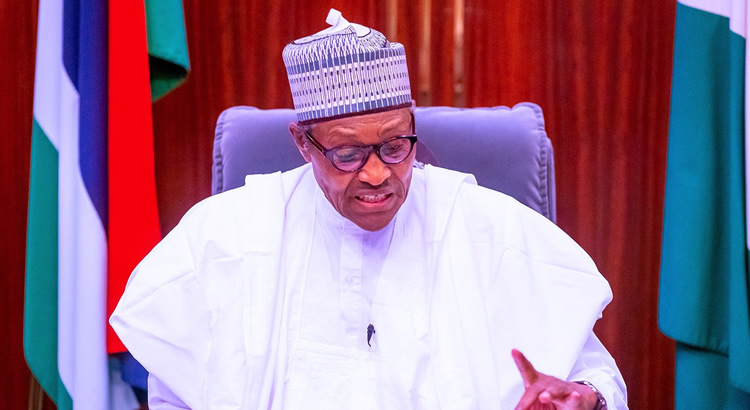
Abubakar Malami, Attorney-General of the Federation (AGF), says the National Assembly has no constitutional power to summon President Muhammadu Buhari.
Recall that House of Representatives had last week passed a resolution summoning the president over the rising insecurity in the country.
The president is scheduled to appear before the national assembly on Thursday but it is now uncertain if he will honour the request.
In a statement on Wednesday, Malami said it was outside the constitutional powers of the national assembly to summon the president over his “operational use of the armed forces”.
“President Muhamamdu Buhari of the Federal Republic of Nigeria has recorded tremendous success in containing the hitherto incessant bombing, colossal killings, wanton destruction of lives and property that bedeviled the country before attaining the helm of affairs of the country in 2015,” the statement read.
“The confidentiality of strategies employed by the President as the commander in Chief of the Armed Forces of the Federal Republic of Nigeria is not open for public exposore in view of security implications in probable undermining of the war against terror.
“The fact that President Muhammadu Buhari was instrumental to the reclaiming of over 14 Local Governments previously controlled by the Boko Haram in North East is an open secret, the strategies for such achievement are not open for public expose.
“While condoling the bereaved and sympathising with the victims of the associated insecurity in the country, Attorney-General of the Federation and Minister of Justice, Abubakar Malami, SAN maintained that national security is not about publicity and the nation’s security architecture cannot be exposed for the sake of getting publicity.”
“The right of the President to engage the National Assembly and appear before it is inherently discretionary in the President and not at the behest of the National Assembly,” the attorney-general said
“The management and control of the security sector is exclusively vested in the President by Section 218 (1) of the Constitution as the Commander in Chief of the Armed Forces including the power to determine the operational use of the Armed Forces. An invitation that seeks to put the operational use of the Armed Forces to a public interrogation is indeed taking the constitutional rights of law making beyond bounds.
“As the Commander in Chief, the President has exclusivity on security and has confidentiality over security. These powers and rights he does not share. So, by summoning the President on National Security operational Matters, the House of Representative operated outside constitutional bounds.
“President’s exclusivity of constitutional confidentiality investiture within the context of the constitution remains sacrosanct.”
Rice, a staple for Christmas celebrations in Nigeria, has become a luxury this year. Soaring…
Panic erupted on Saturday at a concert in Lagos when the stage collapsed during Odumodublvck’s…
The Federal Government of Nigeria has allocated ₦6,364,181,224 billion for the refurbishment and rehabilitation of…
The black market dollar to naira exchange rate for today, 22nd December 2024, can be…
The Nigerian National Petroleum Company Limited (NNPCL) has refuted claims that the 60,000 barrels per…
Manchester City finds itself in unprecedented turmoil, with relegation-level form showing little sign of improvement.…